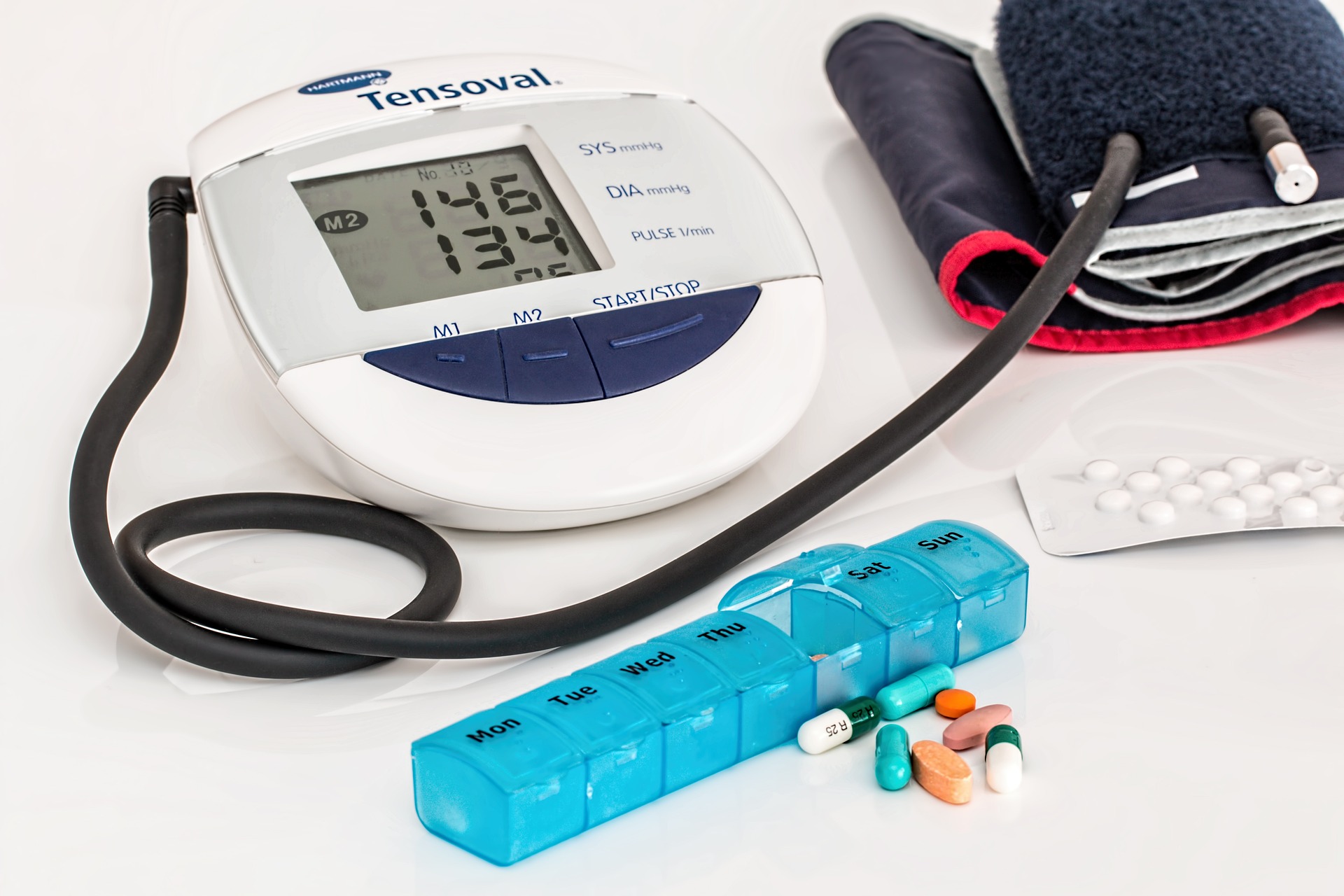Lives of pediatric patients are at risk and rapid action is needed / Environment and Health Committee letter to the Commissioner / Council of Health Ministers meeting on Friday
"The lives of many patients, especially children, are in danger. In consequence, the European Commission must now act very urgently," demanded CDU MEP Peter Liese on the occasion of the meeting of European Health Ministers on Friday and the increasing supply shortages of medical devices such as cardiac catheters for children.
Liese, who used to work in a children's hospital, reported, "My colleagues, especially from pediatric cardiology and pediatric surgery, warn that many products are already in short supply and that they can no longer treat children according to the latest medical standards. For them, every day counts. After my letter to the President of the European Commission, Ursula von der Leyen, and Health Commissioner Stella Kyriakides many months ago, the Environment and Health Committee as a whole has now joined me and composed a text to the Commission. Although the European Commission has some ideas on how to tackle the problem, it does not yet want to present a concrete legislative proposal but wants to first discuss it with the health ministers. I find this unacceptable. This proposal must be put forward as soon as possible. I will then work to ensure that a proposal with a real solution to the problem is quickly adopted in the European Parliament."
"We need a short-term solution. The transition periods in the Medical Devices Regulation must be extended so that vital products will not disappear from the market. We also need a long-term solution. For certain niche products that are only manufactured in small quantities, the efforts for re-certification are too great. However, they still have to be safe. The U.S. works with an Orphan Device Regulation, which means that manufacturers of essential niche products receive additional incentives for market certifications. In the short term, also National Health Ministers, like Karl Lauterbach could take action. France, for example, has made very generous use of an exemption provided for in European law - Germany has not done so to this extent to date. Here, as with many other points, Lauterbach is once again too late," Liese explained.
Background: The Medical Devices Regulation was adopted on May 25th, 2017. Under it, all medical devices, for example, cardiac catheters, ECG devices, or stethoscopes, must be newly certified. This also applies to products that were already on the market before. The purpose of the regulation was to prevent scandals such as those involving defective breast implants. However, as a result of Brexit and Corona, the Notified Bodies are very far behind the necessary pace. Of 22,800 certificates, only 1,990 have finally been certified to date (as of October 24th, 2022). As a result, numerous medical devices, some of which are vital, are being withdrawn from the market.


